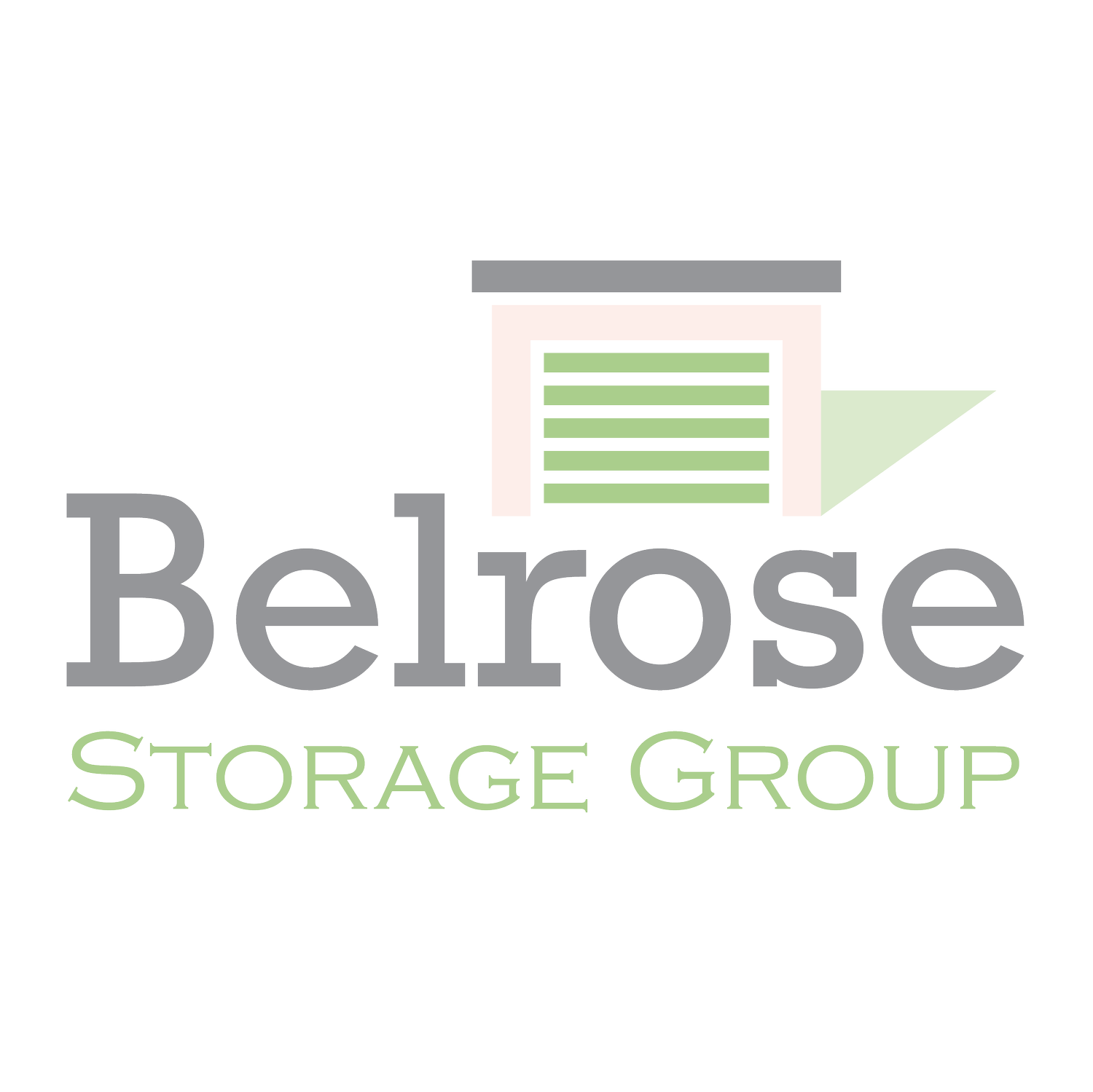What Is Your Investor Avatar?
Key Takeaways:
While investing is an important way to grow wealth, there are many different ways to go about it.
When thinking about your ideal investor avatar, consider whether you want to be a passive investor or active investor.
Moving away from the stock market can be intimidating, but other investment opportunities, like self-storage, may better align with your goals.
Investing, for many people, just seems to be an unavoidable part of life. If you want your money to grow, you need to invest. It’s an idea that’s been ingrained in most adults, even if we don’t think about it much on a day-to-day basis.
Following the past few years of intense volatility and economic upset, however, the spotlight has certainly been on the stock market as of late. Now, people are pursuing more effective ways to grow wealth that aren’t so susceptible to turbulence caused by global events (such as Covid-19). This often leads them to alternative investments and, more specifically, commercial real estate opportunities like self-storage facilities.
To better understand if self-storage investing may be right for you, let’s talk about who you are as an investor.
How Are You Currently Investing?
The world of investments is vast, and everyone’s portfolio looks different. Consider how you’re currently managing your investments.
Through your workplace plan: Perhaps you’re primarily invested in the stock market through your company’s 401(k) or 403(b) plan. You have little say, maybe just a few options, about how the funds are invested. You take a “set it and forget it” approach by automatically deferring compensation to the plan each paycheck. While this is an effective way to set aside money for retirement, it is limiting both in how much you can contribute each year and how the funds are invested.
With an advisor: If you work with a financial advisor or investment advisor, you may have a more robust and diversified portfolio that’s built to reflect your unique tolerance for risk and timeline toward big life milestones like retirement. As is common with most wealth managers, it’s likely your portfolio’s asset allocations are divided between stocks, bonds, and cash equivalents (such as CDs). It’s worth noting, however, that some financial advisors are beginning to offer clients the opportunity to pursue alternative investments by partnering with real estate syndicators and private market firms.
On your own: If you enjoy taking a hands-on approach to your investments, you might use online trading platforms, or a robo-advisor offered through large financial institutions like Schwab or Betterment. Or, maybe you’re already experienced in the world of alternative investments and have invested in things like crypto, precious metals, oil and gas, collectibles, etc. If you already have an interest in other types of alternative investments, making the jump to a hard asset like self-storage facilities may be a natural next step.
No matter where you stand as an investor today, there’s always room to grow and pursue new opportunities that better align with your investment goals.
What Type of Investor Do You Want to Be?
Now that you’ve considered the type of investor you are, think about the type of investor you’d like to be in the future.
Passive Investor
Do you like being passively involved in your investments? This doesn’t mean you’re unaware or uneducated about what you’re invested in, but rather you enjoy allowing your money to grow without having to be actively involved in the process.
The private investors who invest with Belrose, for example, are passively involved in our self-storage deals. Because they work with us as their real estate syndicator, they rely on our team of experienced professionals to manage all aspects of their investment—researching facilities, finding the right opportunity, conducting due diligence, managing the day-to-day operations, and eventually selling the facility for a profit.
If you’re a busy professional or have a growing family at home, you may not have the time or desire to be fully hands-on with your investment. In that case, you probably prefer to be a passive investor.
Active Investor
On the other hand, you may be the kind of person who wants to be actively involved in your investments. Perhaps you enjoy participating in the day-to-day movements of the stock market, and you want to be similarly involved in any other investment you pursue as well.
In the world of commercial real estate, this would mean buying and operating a facility on your own, rather than handing off the responsibilities to a syndicator (like Belrose). If this is something you’re interested in, it requires an immense amount of time, research, and dedication. It does allow you as the investor, however, to have full control and final say over every aspect of your investment.
What Do You Want Out of Your Investments?
Whatever your investment journey looks like so far, trying something new (like investing in self-storage), can be intimidating. It’s human nature to stick to what you know, and exploring commercial real estate as an investment opportunity may require you to step outside of that comfort zone. But if you’re looking to move away from the volatility and uncertainty of the stock market, it’s a step worth taking. The key is to educate yourself on anything you’re unsure about, ask lots of questions, and compare the opportunities against your own investment goals.
Interested In Self-Storage Investing?
Self-storage investing allows investors like you to achieve your investment goals, whether you’re focused on the security of investing in an asset that won’t lose all its value, steady and reliable income, or the opportunity to grow your capital and outpace inflation.
To learn more about investing in self-storage with our team of experienced real estate professionals, feel free to reach out to us anytime. We’re happy to answer any questions you may have, provide additional resources, or share more about our Investor Portal for private investors.

